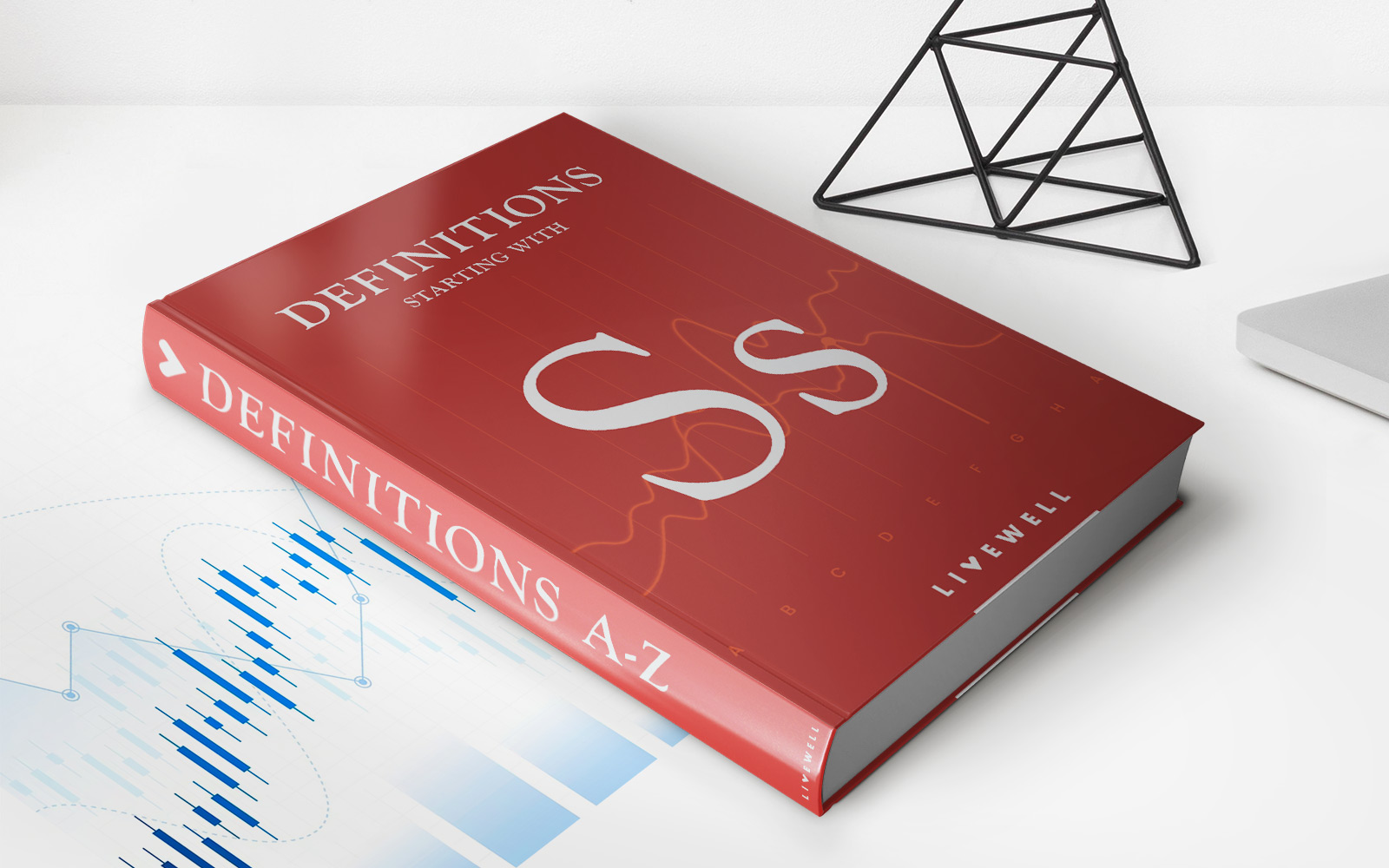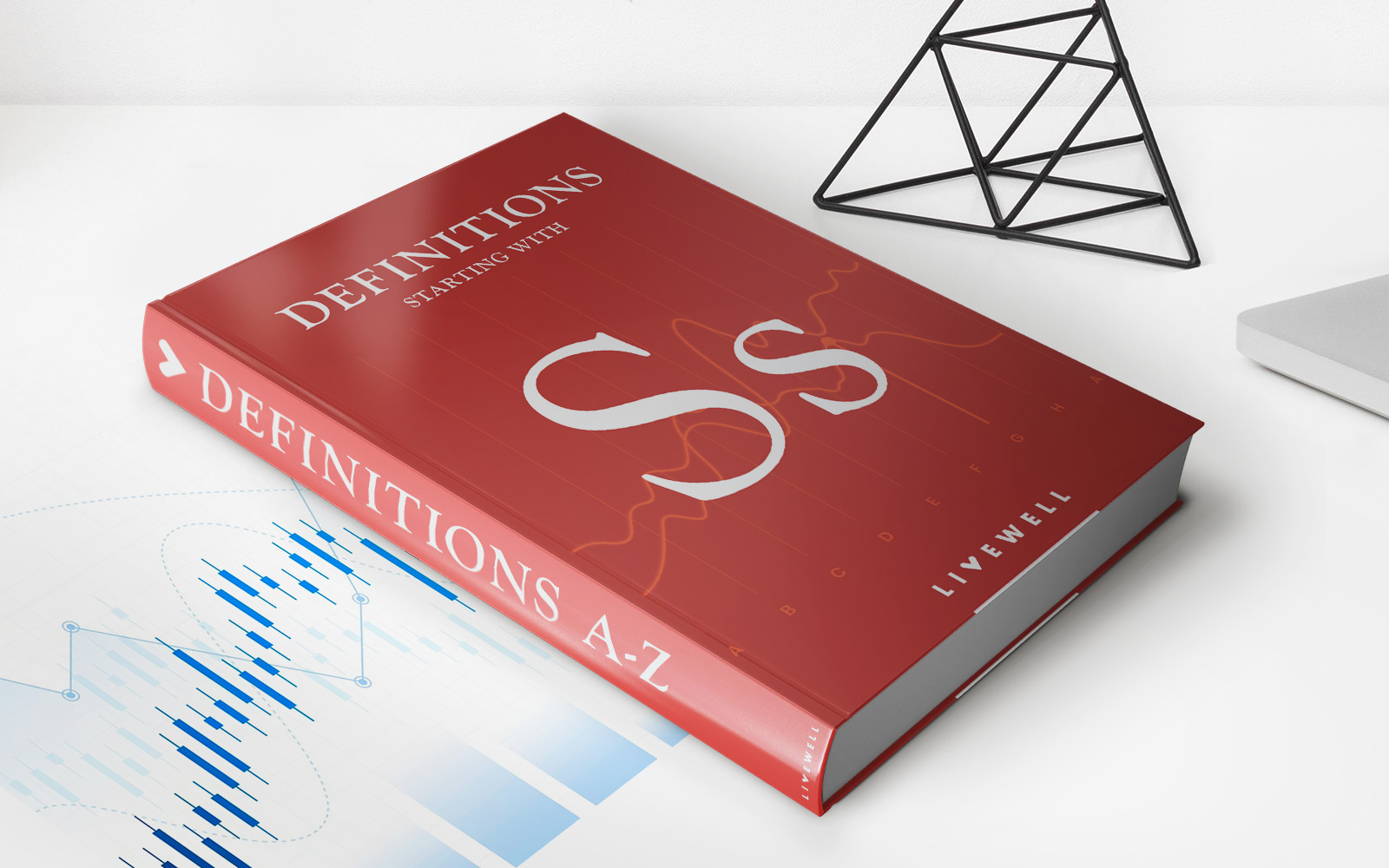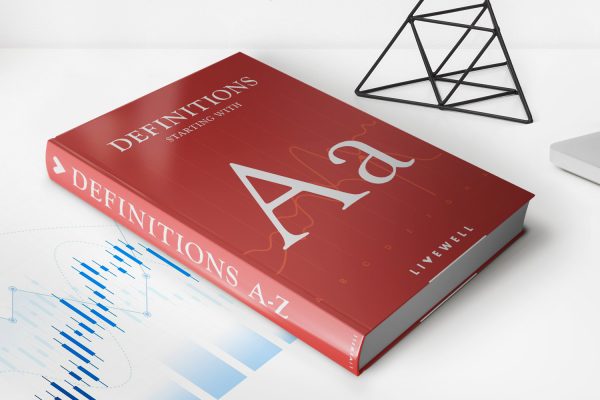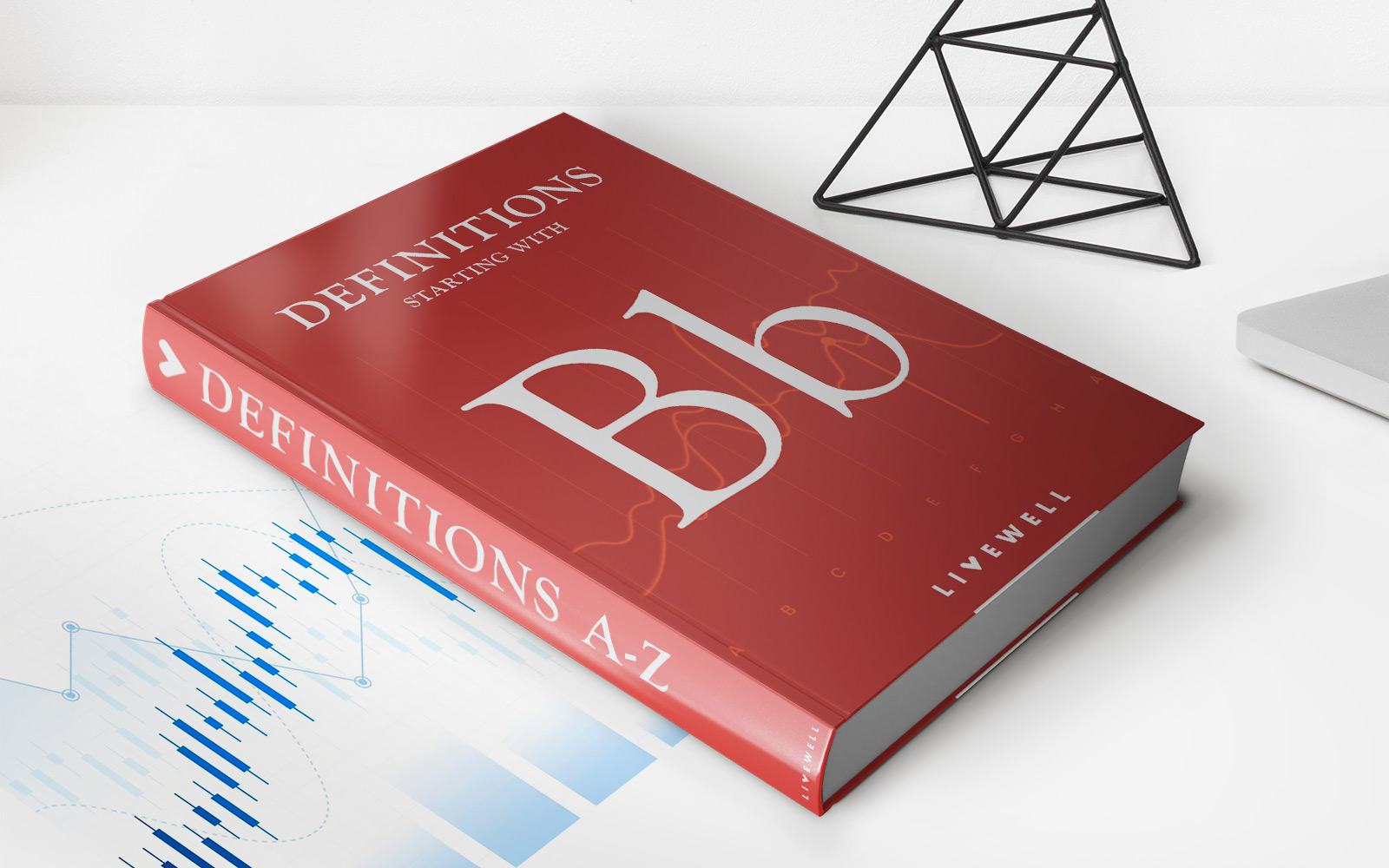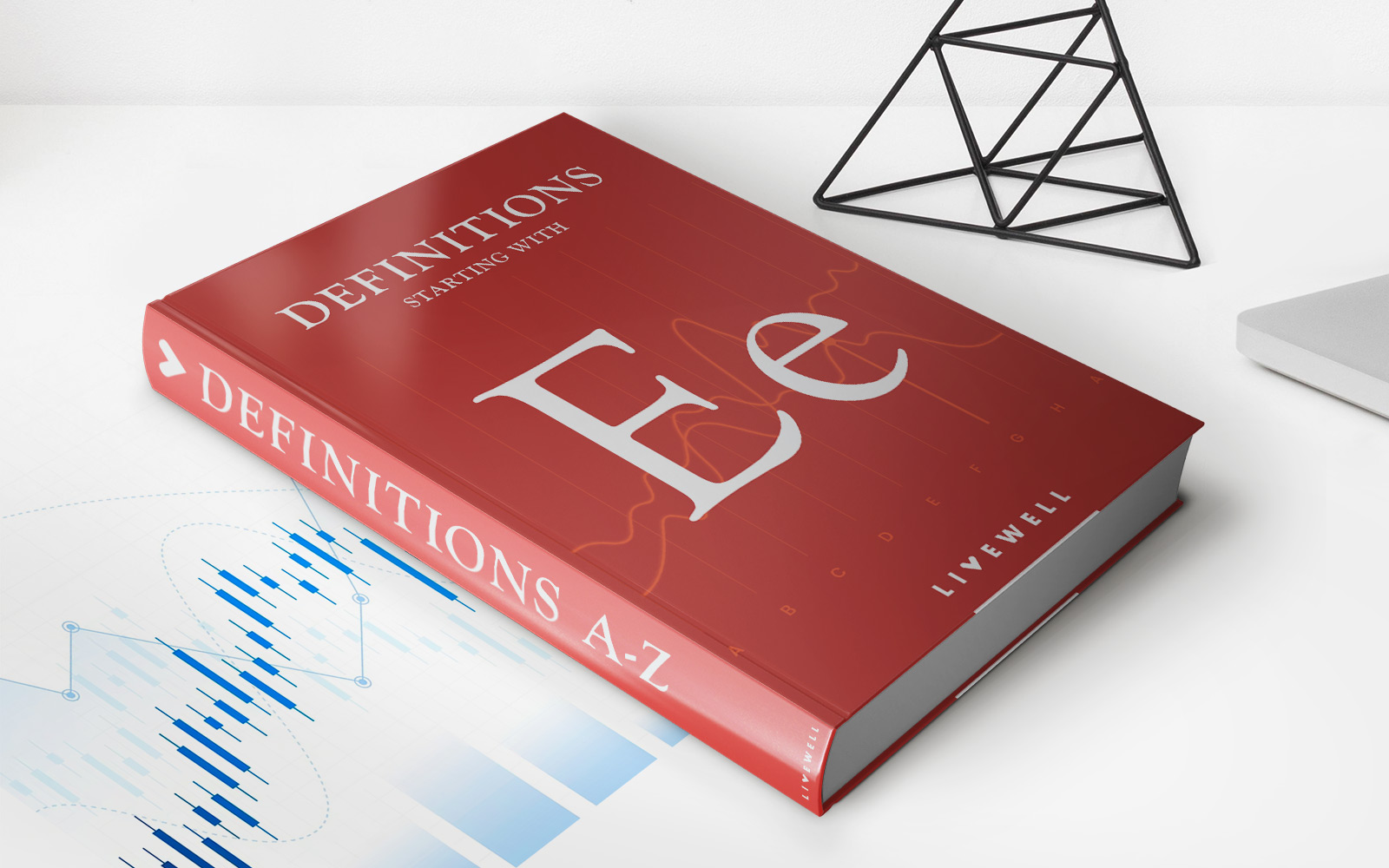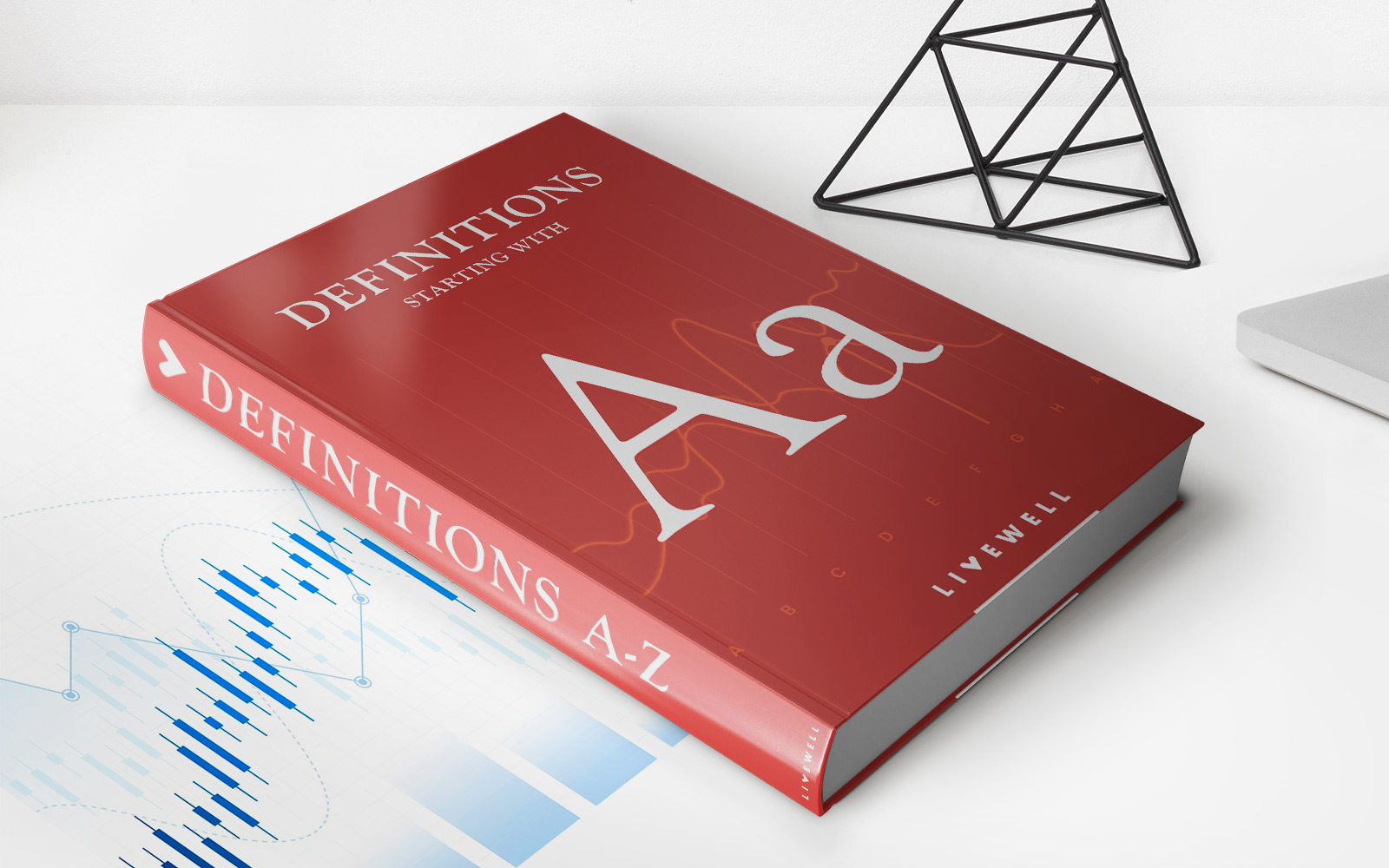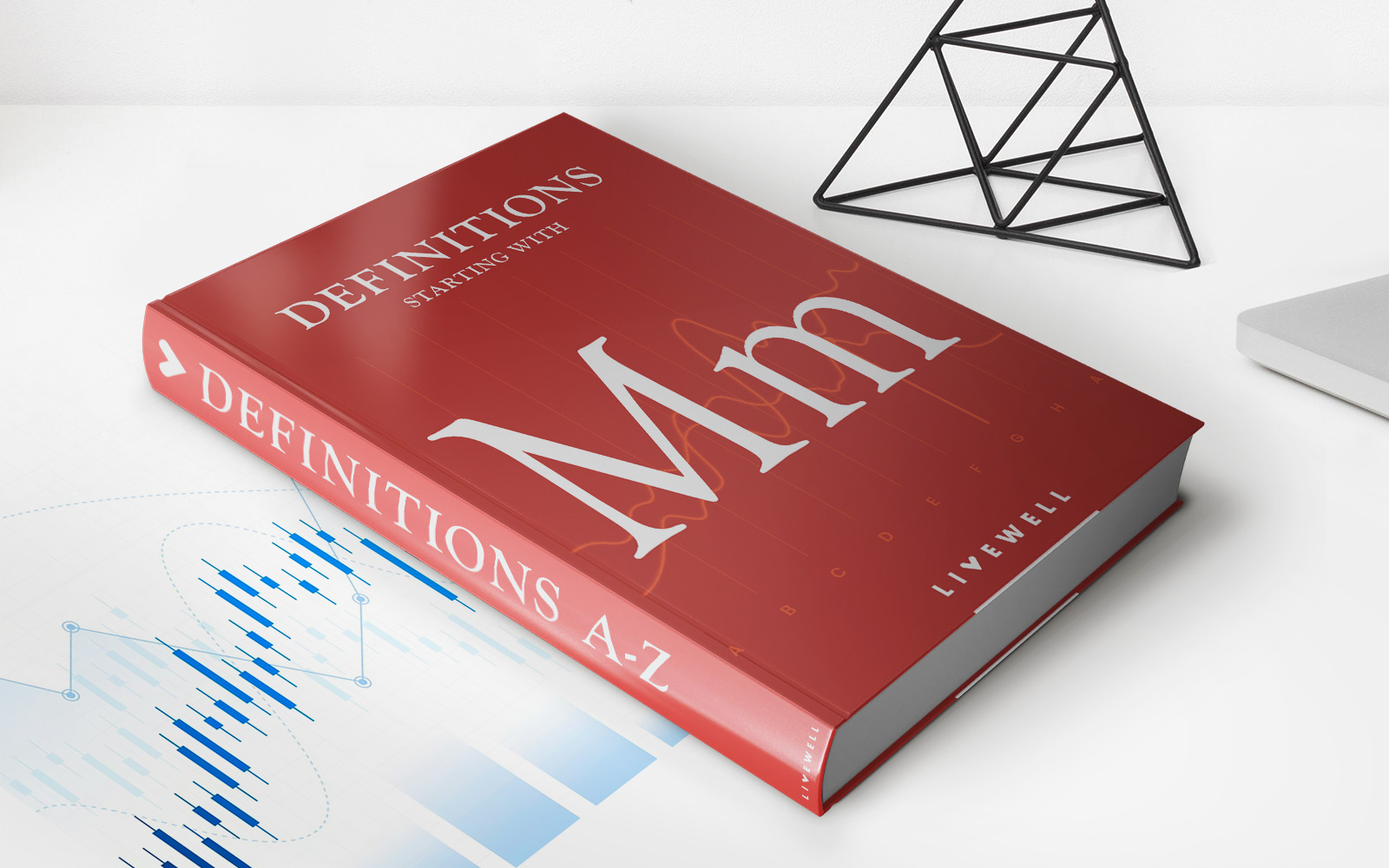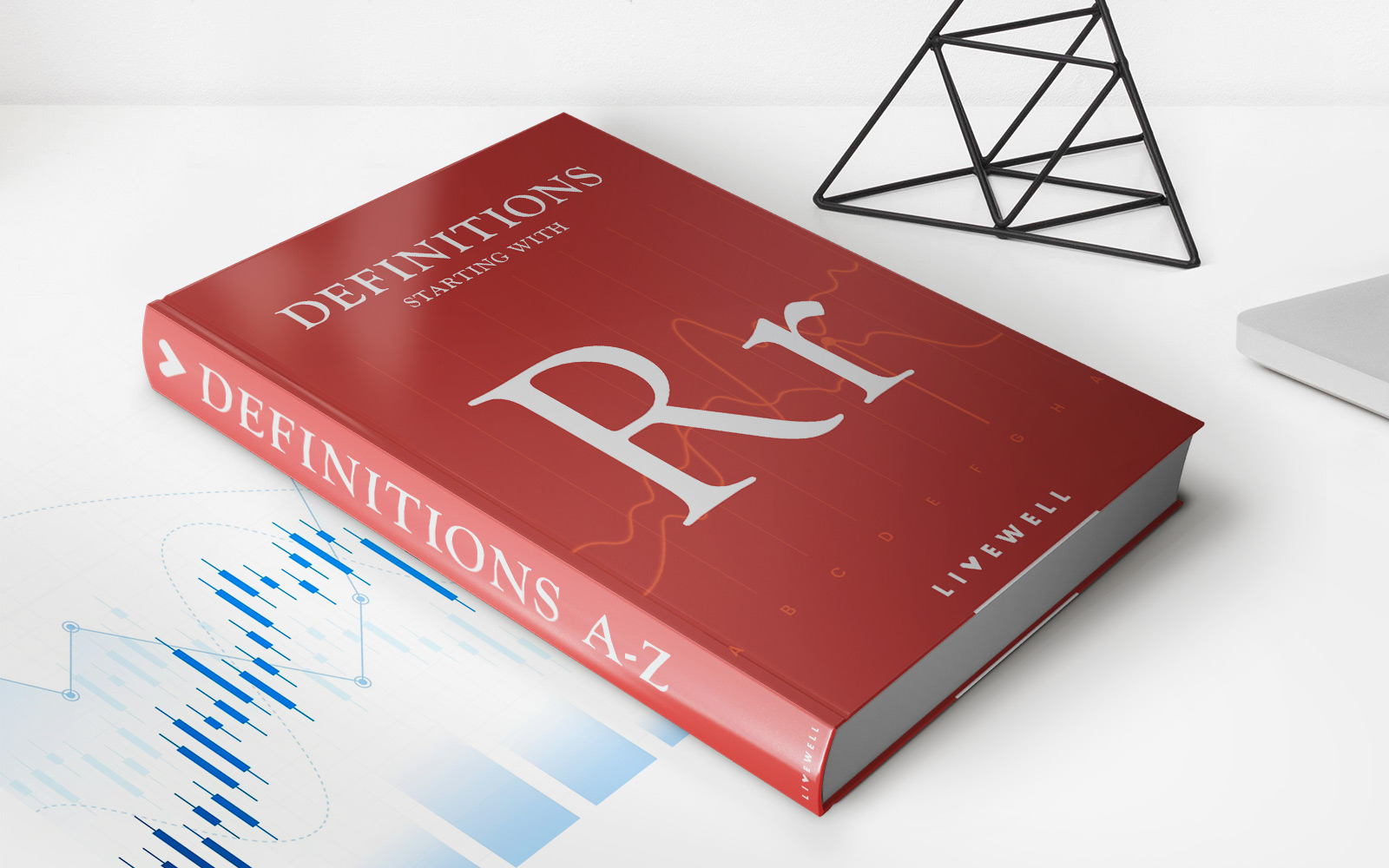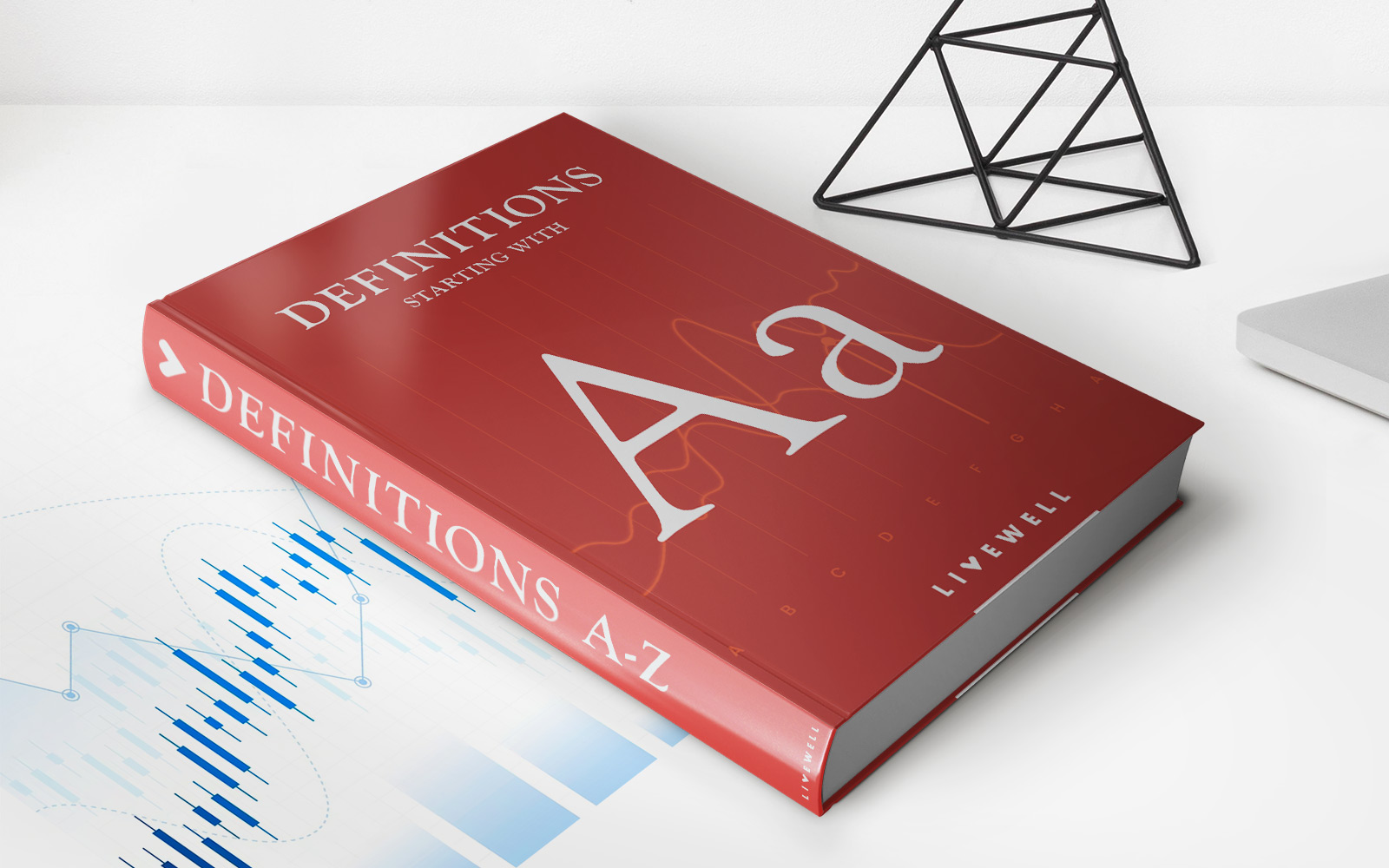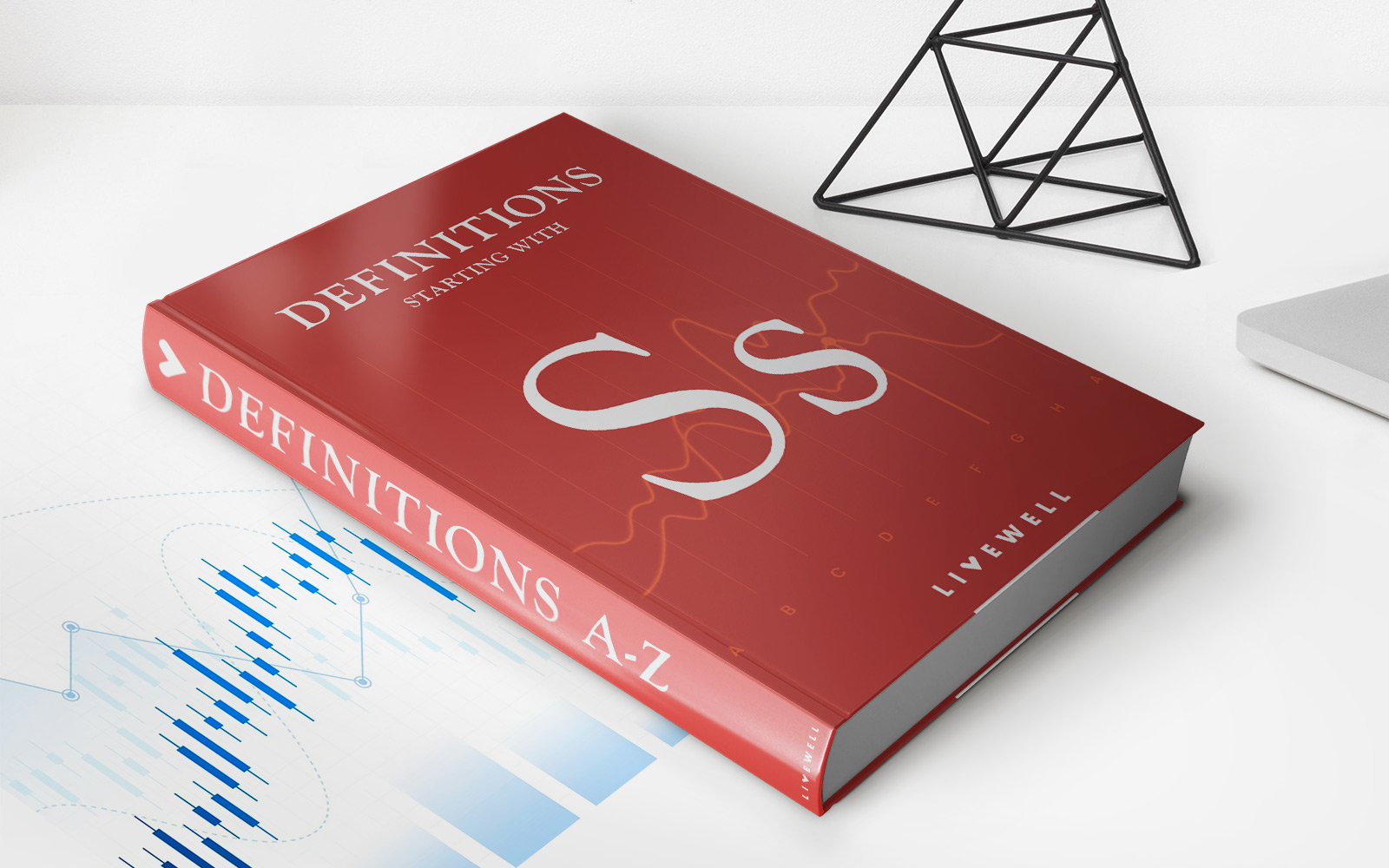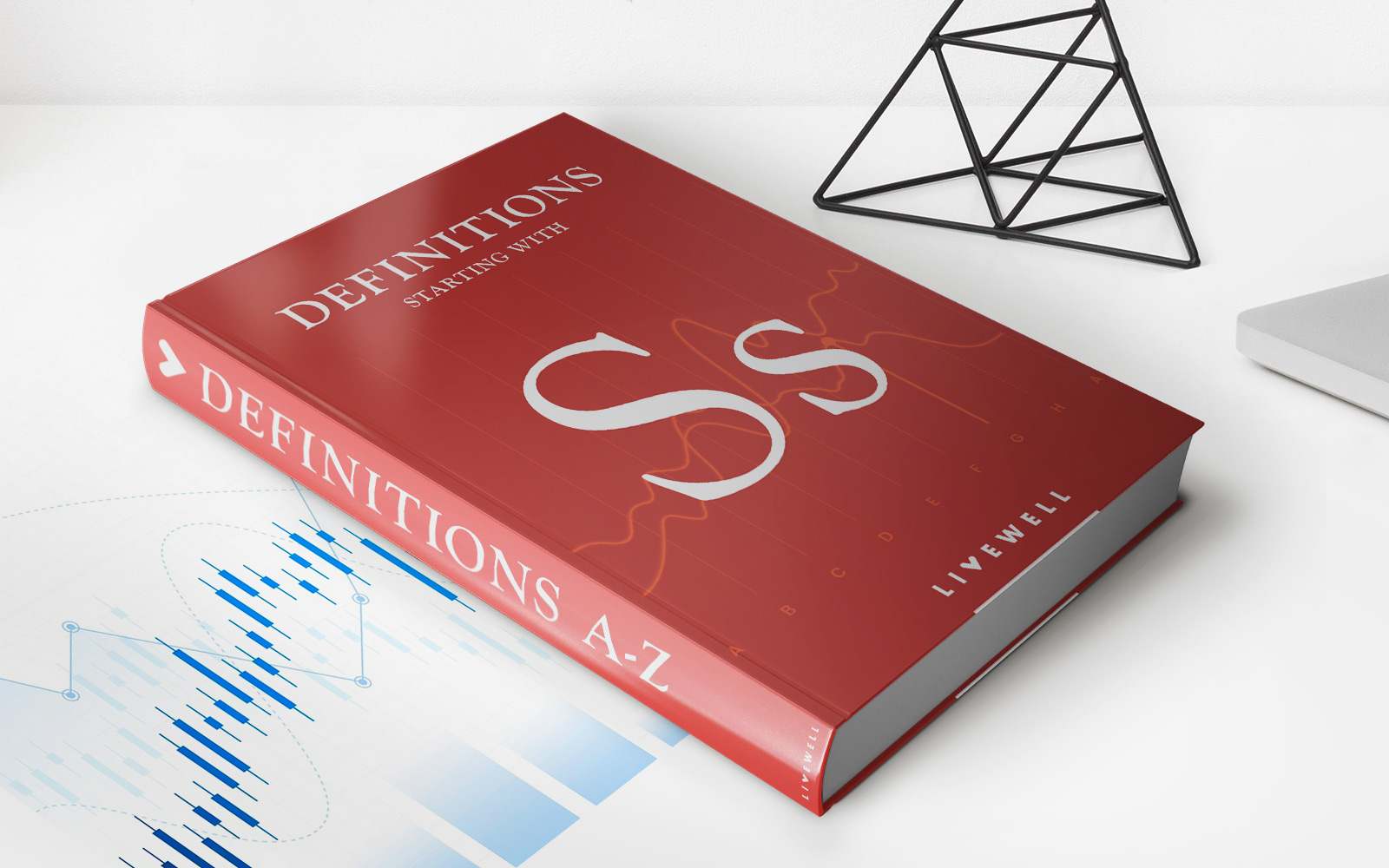Home>Finance>Interest-Only Mortgage: Definition, How They Work, Pros And Cons
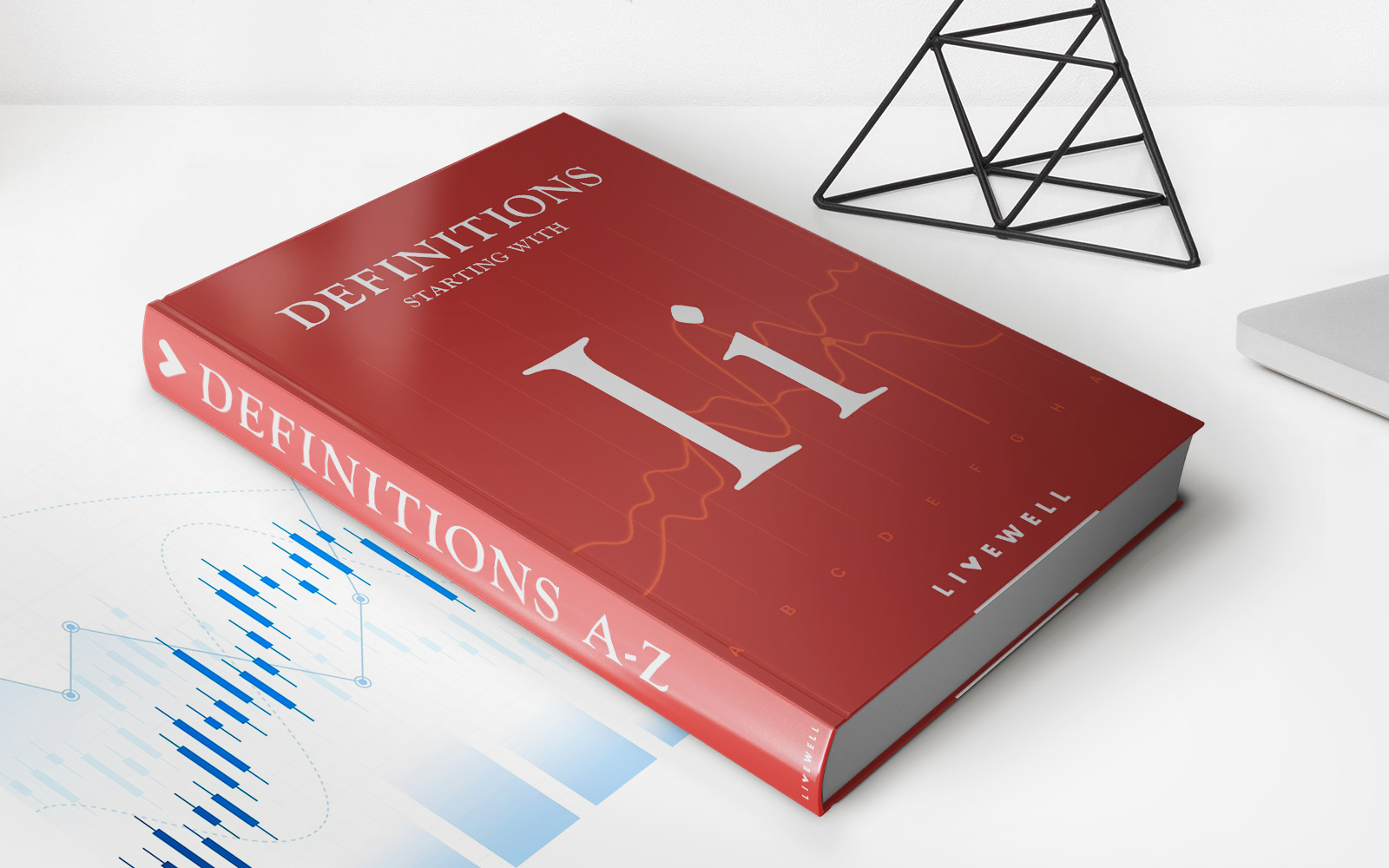

Finance
Interest-Only Mortgage: Definition, How They Work, Pros And Cons
Modified: December 30, 2023
Learn the definition and working of interest-only mortgages in finance. Explore the pros and cons of these mortgage options for informed decision-making.
(Many of the links in this article redirect to a specific reviewed product. Your purchase of these products through affiliate links helps to generate commission for LiveWell, at no extra cost. Learn more)
Interest-Only Mortgage: Definition, How They Work, Pros and Cons
In the world of finance, there are various mortgage options available to homebuyers, each with its own set of advantages and disadvantages. One such option is the interest-only mortgage, which can provide flexibility for borrowers but also comes with certain risks. In this blog post, we will dive deep into the world of interest-only mortgages, exploring what they are, how they work, and the pros and cons of opting for this type of mortgage.
Key Takeaways:
- Interest-only mortgages involve making monthly payments that only cover the interest charges on the loan, rather than paying down the principal balance.
- These mortgages are typically offered for a fixed period, after which the loan usually converts to a standard principal and interest payment schedule.
What is an Interest-Only Mortgage?
Before we delve into the details, let’s start with a basic definition. An interest-only mortgage is a loan where the borrower is required to make monthly payments that cover only the interest charges on the loan, without paying down the principal amount borrowed. This means that throughout the interest-only period, the borrower is not reducing the actual loan amount.
How Does an Interest-Only Mortgage Work?
Interest-only mortgages typically have a fixed period, usually ranging from five to ten years. During this time, the borrower only needs to make interest payments, resulting in lower monthly payments compared to a traditional mortgage. Once this initial period ends, the loan typically converts to a standard principal and interest payment schedule, meaning the borrower will start paying down the principal balance in addition to interest.
It’s important to note that while interest-only payments reduce the monthly financial burden in the short term, they do not contribute to building equity in the home. As a result, borrowers may have to face higher monthly payments and potential financial strain once their interest-only period ends.
Pros of Interest-Only Mortgages:
- Lower Monthly Payments: Interest-only payments can give borrowers more financial flexibility, allowing them to free up their cash flow for other investments or expenses during the initial period.
- Investment Opportunities: With lower monthly payments, borrowers may have the opportunity to invest the savings elsewhere, potentially earning higher returns.
- Qualification Easier: Interest-only mortgages may provide an option for individuals who may not be able to afford a traditional mortgage to qualify for a home loan.
Cons of Interest-Only Mortgages:
- No Equity Build-Up: While interest-only payments provide short-term relief, they do not contribute to building equity in the home, which can limit financial flexibility and potential gains.
- Risk of Future Payment Shock: Once the interest-only period ends, borrowers may face significantly higher monthly payments when the loan converts to a principal and interest repayment structure.
- Potential Negative Amortization: If the interest-only payments do not cover all of the accrued interest charges, the remaining interest will be added to the principal balance, leading to negative amortization and increasing the overall loan amount.
As with any financial decision, it is crucial to weigh the pros and cons of interest-only mortgages carefully. While they may provide temporary benefits, it’s important to consider the long-term implications and assess your ability to handle potential payment increases once the interest-only period ends.
Remember, always consult with a mortgage professional or financial advisor to determine whether an interest-only mortgage aligns with your specific financial goals and circumstances.

